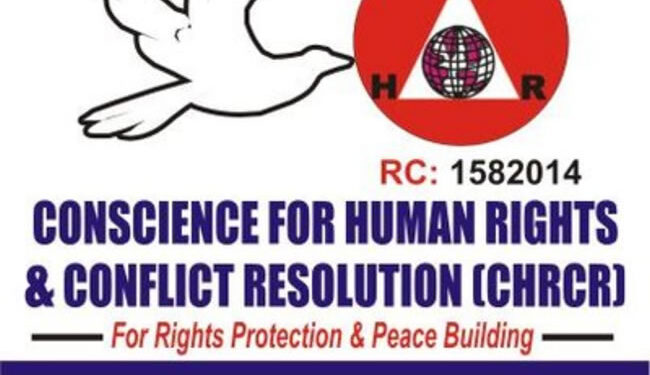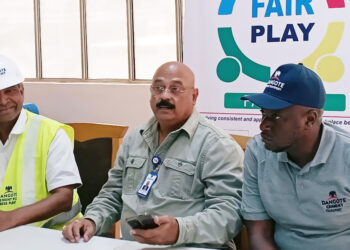A non-governmental organisation, Conscience for Human Rights and Conflict Resolution (CHRCR) has called on the Kogi State government to review the state’s sanitation policy.
The organisation which made the suggestion in a statement in Lokoja on Thursday said the review is necessary to reflect the current challenges associated with the policy.
Idris Miliki Abdul, Executive Director,
CHRCR , signed the statement.
He said : “Kogi State witnesses not less than Ten Thousand vehicles crossing the State on daily bases, posing environmental challenges because of human attitude due to negligence of basic hygiene.
“Lokoja the state headquarters host various market and motor parks, but the environment situation in those places is worrisome, as thy are unkept.
” We are also worried, it seems there is no demarcation between the Sanitation Board and the company expected to clean Lokoja Town.
“As in many occasions, the government vehicles are beign used by private company engaged to clean the city.
” Worst of it all, is the unavailability of potable water in Kogi State, particularly in Lokoja that host both river Nija and Benue.
“It is condemnable that a state capital like Lokoja, will stay without water.
“Open defecation as become alarming rate in Lokoja town and across the state.
“Refuse are scattered across the town, without the evacuation as at when due, worst of all is the refuse dump sites have remain unkept without proper management.
“We call on state of Emergency on water and sanitation in Kogi State, without further delay.
“We recommend, specific date for cleaning specific market and all markets, which can not be done on the same day across board.
“This will not cost government beyond supervision, as all markets and motor parks should have a specific days and time for cleaning that will improve sanitation in those places.
“We call stakeholders conference on environment sanitation in Kogi state that will generate ideals on how to move this all important sector forward, that will include genuine professionals and relevant stakeholders.”
(vitalnewsngr.com)























